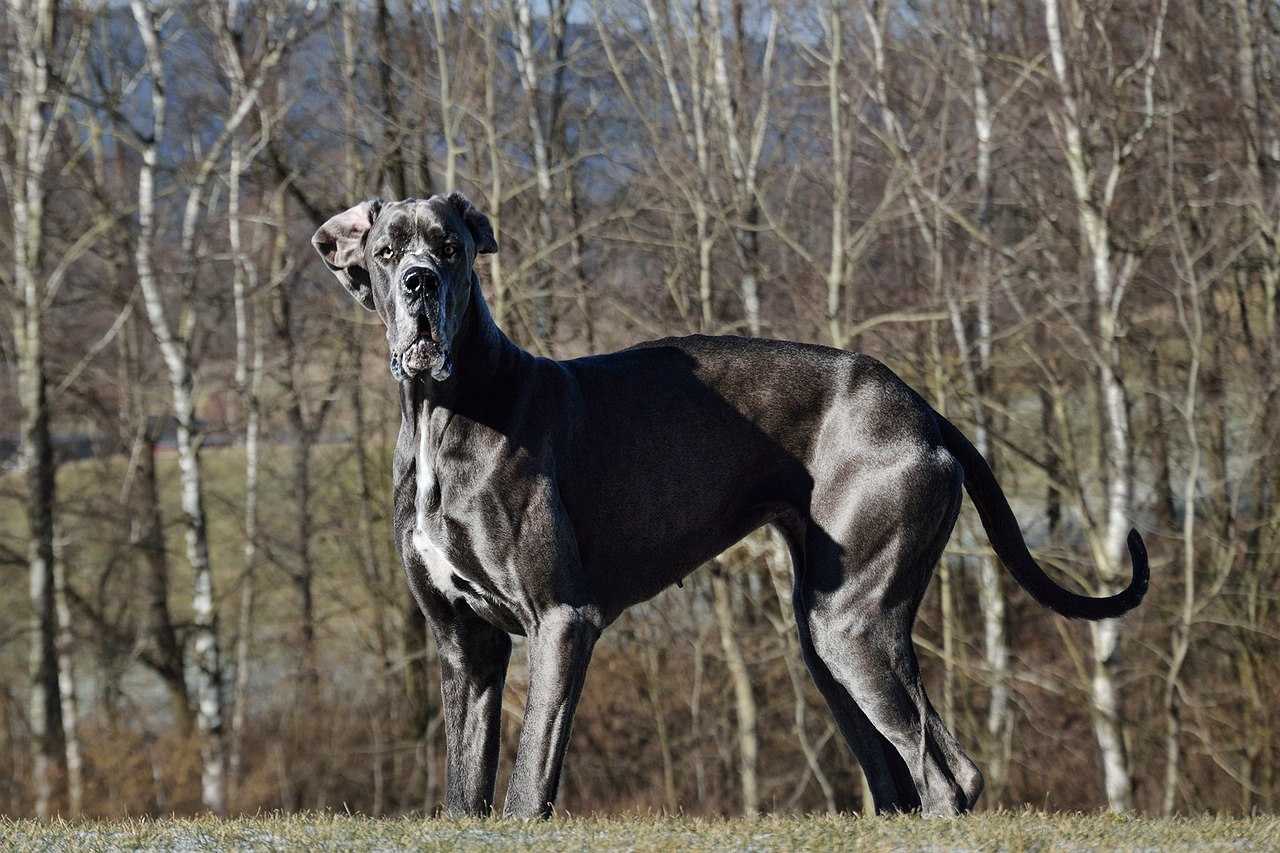Maximizing the Lifespan and Well-being of Great Danes: Understanding and Managing Health Challenges
Are you a proud owner of a Great Dane or considering adding one to your family? These majestic dogs, known for their imposing size and gentle nature, are beloved companions for many. However, it’s essential to be aware of the health challenges that come with owning a Great Dane to ensure they live a long and healthy life.
Great Danes have a relatively short lifespan compared to smaller breeds, typically living between 7 to 10 years. This shorter lifespan is influenced by various factors, including genetics, care, nutrition, and the breed’s susceptibility to specific health conditions. Understanding these health challenges and how to manage them is crucial for providing the best care for your Great Dane and potentially extending their life.
One of the most common health issues in Great Danes is cardiac problems, including dilated cardiomyopathy (DCM), which affects the heart muscle and can lead to decreased heart function. Regular cardiac screenings can help detect early signs of heart disease and allow for timely management. Additionally, Great Danes are prone to hip dysplasia, a condition that can cause pain, lameness, and arthritis. Maintaining a healthy weight and appropriate exercise can help manage this condition.
Gastric torsion, or bloat, is another severe health risk for Great Danes. This life-threatening condition occurs when the stomach fills with gas and twists on itself. Preventative measures such as feeding smaller, more frequent meals and avoiding exercise around feeding times can help reduce the risk of bloat. Great Danes also have a higher risk of bone cancer (osteosarcoma) and thyroid issues, such as hypothyroidism, which can impact their metabolism and overall health.
To manage these health challenges and potentially extend the lifespan of your Great Dane, proper care and attention are essential. This includes providing a balanced diet tailored to the needs of large breeds, regular exercise to maintain a healthy weight and support joint health, and preventative veterinary care, including regular check-ups, vaccinations, and health screenings. Creating a safe living environment and managing lifestyle factors like stress and diet can also contribute to your Great Dane’s health and longevity.
Despite their health challenges, Great Danes bring immense joy and companionship to their families. Their loving nature, loyalty, and unique personality make it well worth the effort to maintain their health. By understanding and addressing their specific needs, you can help ensure that your Great Dane enjoys a long, happy, and healthy life by your side.




